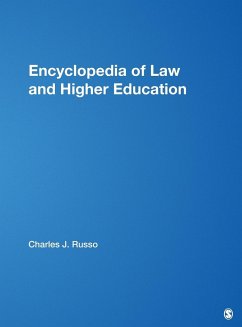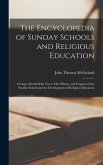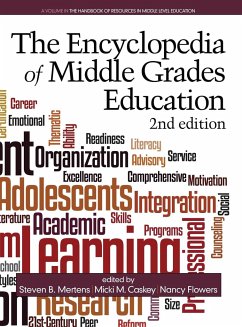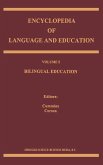In light of the significance that education law occupies in the professional lives of educators, it is only natural that it plays a major role in educational leadership programs devoted to preparing leaders for both the world of higher education and K-12 schools. The centrality of education law is reflected in a study conducted on behalf of the University Council for Educational Administration revealing that education law is the second-most commonly taught subject in educational leadership programs. Further, with many universities offering a variety of courses on education law at all levels, it continues to occupy a crucial element in the curricula for educators. Despite its importance, there is a surprising dearth of readily accessible reference materials for academicians and practitioners. Thus, the Encyclopedia of Law and Higher Education fills a gap that will be of use to those in the world of higher education, whether students, faculty members, administrators, or attorneys.
The Encyclopedia of Law and Higher Education is a compendium of information that tells the story of law and higher education from a variety of perspectives. As many of the entries in this encyclopedia reflect, the editor and contributors have sought to place legal issues in perspective so that students of higher education and the law can inform policy makers and practitioners about the meaning and status of the law and also raise questions for future research as they seek to improve the quality of learning for all. Key FeaturesIncludes boxed excerpts from 30 key cases in tandem with their related case entries Provides educators with enough awareness of the legal dimensions of given situations to enable them to better frame questions for their attorneys to answer Addresses emerging technologies such as webcams, Facebook, Twitter, and YouTube and the challenges they create for both legislators and the judiciary Balances the tension between the proactive and reactive dimensions of education law Key ThemesCases in Higher Education Law Concepts, Theories, and Legal Principles Constitutional Rights and Issues Faculty Rights Governance and Finance Organizations and Institutions Primary Sources: Excerpts From Landmark U.S. Supreme Court Cases Religion and Freedom of Speech Statutes Student Rights and Welfare Technology
Hinweis: Dieser Artikel kann nur an eine deutsche Lieferadresse ausgeliefert werden.
The Encyclopedia of Law and Higher Education is a compendium of information that tells the story of law and higher education from a variety of perspectives. As many of the entries in this encyclopedia reflect, the editor and contributors have sought to place legal issues in perspective so that students of higher education and the law can inform policy makers and practitioners about the meaning and status of the law and also raise questions for future research as they seek to improve the quality of learning for all. Key FeaturesIncludes boxed excerpts from 30 key cases in tandem with their related case entries Provides educators with enough awareness of the legal dimensions of given situations to enable them to better frame questions for their attorneys to answer Addresses emerging technologies such as webcams, Facebook, Twitter, and YouTube and the challenges they create for both legislators and the judiciary Balances the tension between the proactive and reactive dimensions of education law Key ThemesCases in Higher Education Law Concepts, Theories, and Legal Principles Constitutional Rights and Issues Faculty Rights Governance and Finance Organizations and Institutions Primary Sources: Excerpts From Landmark U.S. Supreme Court Cases Religion and Freedom of Speech Statutes Student Rights and Welfare Technology
Hinweis: Dieser Artikel kann nur an eine deutsche Lieferadresse ausgeliefert werden.








